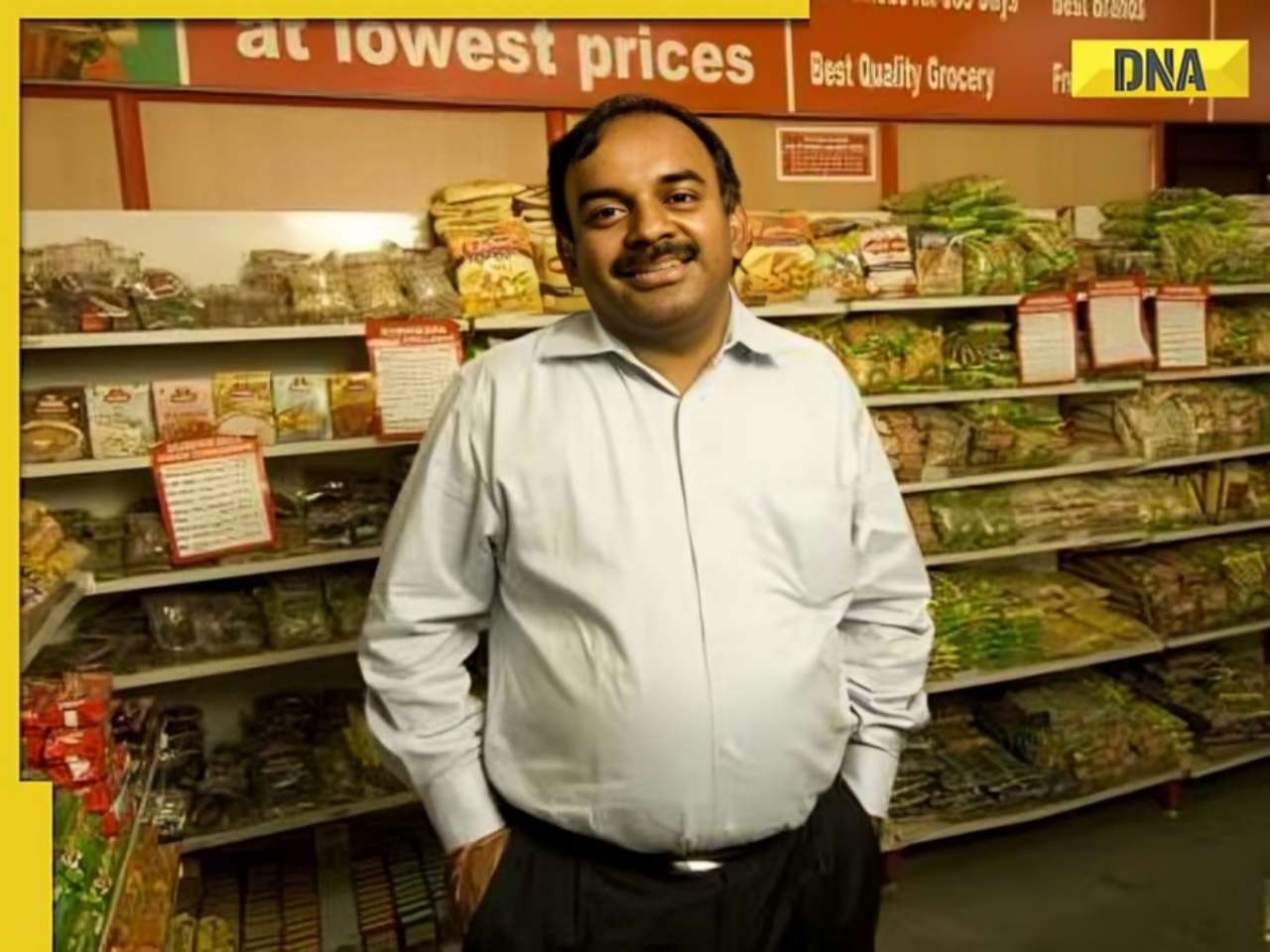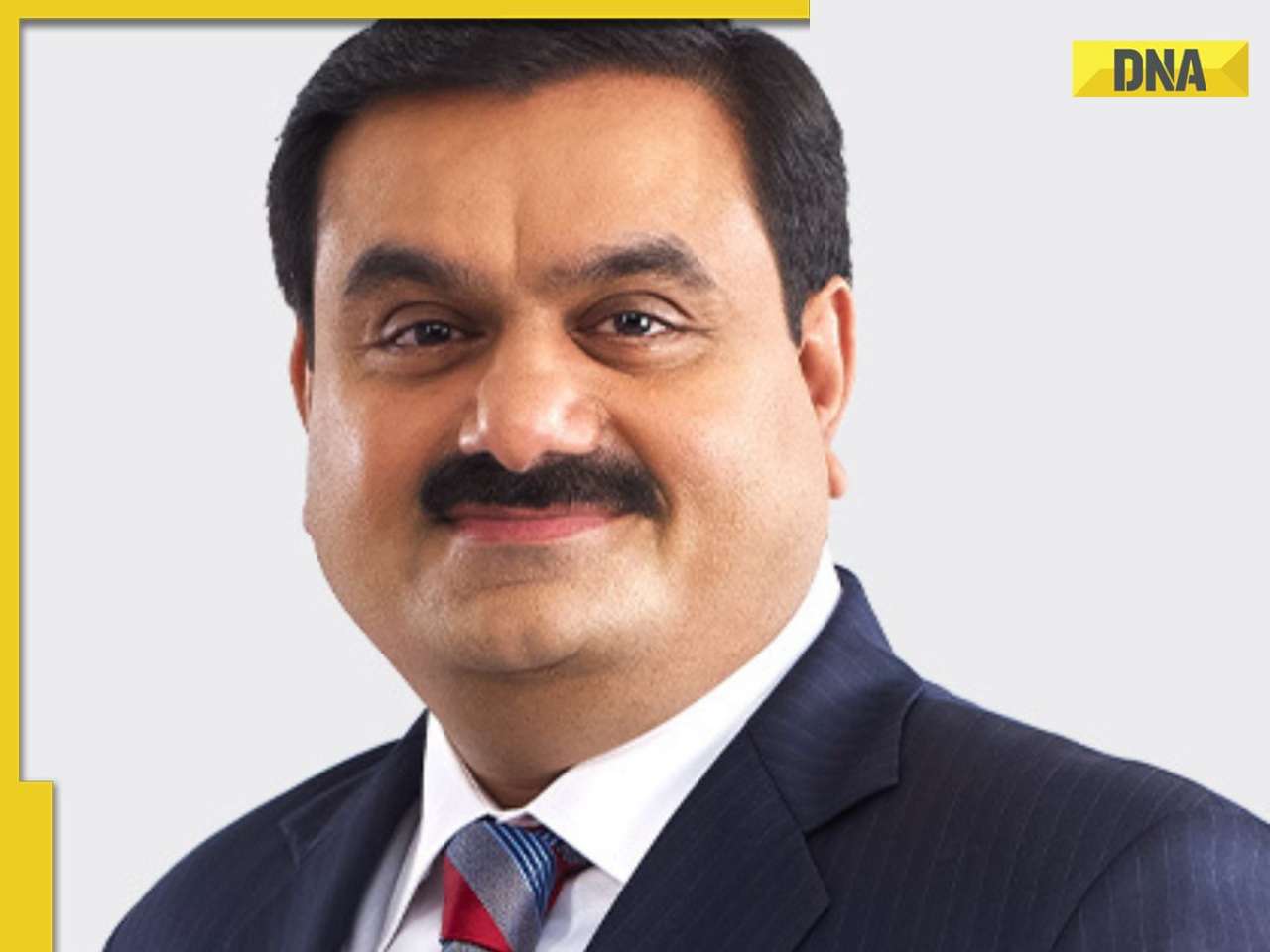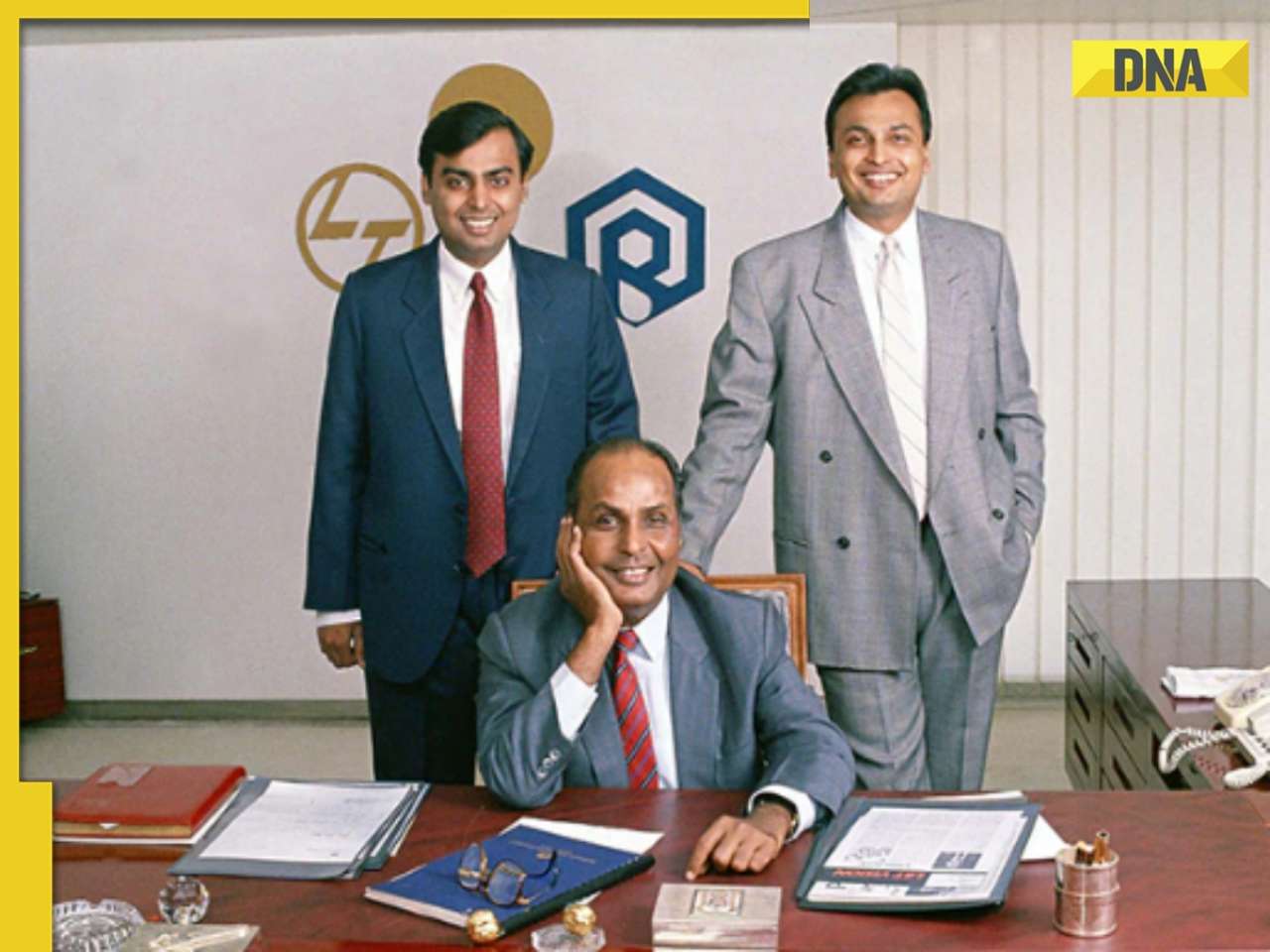With technology, start-ups rejig the FMCG pie Subhead – Tech helps newbies take on established behemoths
They may not boast huge marketing budgets, nor a decades old presence, or even a truckload of products and offerings. But for start-ups in the highly crowded and competitive fast moving consumer goods (FMCG) space, carving a niche for themselves entails leveraging the power of the latest technologies.
Backed by enhanced demographics, rising disposable income levels, changing consumer tastes and preferences, and the growth of organized retail, the FMCG sector is racing ahead. Research by industry body Assocham and TechSci reveals that the FMCG market in India is slated to zoom to $104 billion by 2020, from about $49 billion in 2016. And start-ups believe that technology lies at the core of their growth and expansion.
Vikas Lachhwani, co-founder of the caffeinated personal care brand MCaffeine, says the FMCG space has always relied on a cycle comprising ‘awareness, trial, adoption and recall’ to take products from launch to maturity. “This entire journey is front-loaded, which essentially means that a bulk of the effort and resources are concentrated in the early cycles of product launch. A lot of efforts there can be termed as carpet bombing. Start-ups have limited resources and there is an inherent need to disrupt this cycle to stay relevant in the market.”
Thus the need arises for start-ups to be agile and to react faster and more decisively, say experts. Compared to the larger brands, start-ups are required to evolve themselves on a real-time basis by tapping on the information that floats in social media and building their brands.
Lachhwani says that unlike a decade ago, when launching a brand meant setting up multiple geographies and investing in distribution, today, “with centralized warehouse management and effective customer tracking systems, the game has shifted.”
Backed by technology, analytics and agility, even a complex sector such as FMCG creates a level playing field for start-ups, say entrepreneurs. “Amongst its other multiple advantages, technology allows start-ups to tailor business processes to best serve customers, reduce costs and wastage, obtain greater scale, consistent quality, enhance customer experiences and cater to the market in a more effective manner and within a shorter timeframe,” feel start-up founders.
Says Anuj Rakyan, Founder of Raw Pressery, “As a pioneer of cold-pressed juice technology, we realise that consumers constantly look for brands that they can trust. Hence building trust through technology has become an area of importance. Technology that provides critical information and establishes 100% transparency will be a crucial space for start-ups in the FMCG market.”
Rakyan says that for Raw Pressery, technology has been an integral aspect, right from the stage of juice production to the end-delivery to the consumer. “Technology drives juice extraction through cold-press and natural preservation through High Pressure Processing. Robotics and Inventory automation ensure proper warehousing. Our supply chain has also seen a great degree of digitization which helps in exercising control over costs, quality, temperature and time. This helps build trust through tracking and traceability.” Moreover, within retail too, says Rakyan, the company is closely working with tech-developers to create heat-sensing devices that help maintain chiller temperature. “Data from technology applications help map the product journey for the consumer from the farm to the table. This helps in building trust through transparency while also being a great product differentiator,” adds Rakyan.
Meanwhile, Fingerlix, which is in the ready-to-cook foods space, has been utilizing technology to enhance its logistics and limit wastage to a minimum. Says the founder Shripad Nadkarni, “Since Fingerlix is in the fresh food business with a limited shelf life, technology plays a critical role. Especially in the areas of demand forecasting & inventory and in logistics. Technology is used for the optimisation of logistics. We would look to leverage Artificial Intelligence for demand forecasting very soon.”
At MCaffeine, says Lachhwani, they make use of customer relationship management systems to aggregate all customer related information. “We keep a track on all consumer feedback that is received through multiple channels and integrate it. Analytic tools like ‘R’ are used to understand and process the information and to generate insights. We believe the only way to grow is through intelligent insights,” says Lachhwani.
The start-ups seek growth opportunities to thrive in the market. Without revealing too much on their expansion fronts, they say that they expect growth on the sales, product and channel fronts and would launch innovative products through omni-channel routes.
A LEVEL-PLAYING FIELD
- Backed by analytics, even a complex space creates a level playing field for start-ups
- They would launch innovative products through omni-channel routes to grow
![submenu-img]() Meet India's highest paid director, charges 30 times more than his stars; not Hirani, Rohit Shetty, Atlee, Karan Johar
Meet India's highest paid director, charges 30 times more than his stars; not Hirani, Rohit Shetty, Atlee, Karan Johar![submenu-img]() Indian government issues warning for Google users, sensitive information can be leaked if…
Indian government issues warning for Google users, sensitive information can be leaked if…![submenu-img]() Prajwal Revanna Sex Scandal Case: Several women left home amid fear after clips surfaced, claims report
Prajwal Revanna Sex Scandal Case: Several women left home amid fear after clips surfaced, claims report![submenu-img]() Meet man who studied at IIT, IIM, started his own company, now serving 20-year jail term for…
Meet man who studied at IIT, IIM, started his own company, now serving 20-year jail term for…![submenu-img]() Gautam Adani’s project likely to get Rs 170000000000 push from SBI, making India’s largest…
Gautam Adani’s project likely to get Rs 170000000000 push from SBI, making India’s largest…![submenu-img]() DNA Verified: Is CAA an anti-Muslim law? Centre terms news report as 'misleading'
DNA Verified: Is CAA an anti-Muslim law? Centre terms news report as 'misleading'![submenu-img]() DNA Verified: Lok Sabha Elections 2024 to be held on April 19? Know truth behind viral message
DNA Verified: Lok Sabha Elections 2024 to be held on April 19? Know truth behind viral message![submenu-img]() DNA Verified: Modi govt giving students free laptops under 'One Student One Laptop' scheme? Know truth here
DNA Verified: Modi govt giving students free laptops under 'One Student One Laptop' scheme? Know truth here![submenu-img]() DNA Verified: Shah Rukh Khan denies reports of his role in release of India's naval officers from Qatar
DNA Verified: Shah Rukh Khan denies reports of his role in release of India's naval officers from Qatar![submenu-img]() DNA Verified: Is govt providing Rs 1.6 lakh benefit to girls under PM Ladli Laxmi Yojana? Know truth
DNA Verified: Is govt providing Rs 1.6 lakh benefit to girls under PM Ladli Laxmi Yojana? Know truth![submenu-img]() Jr NTR-Lakshmi Pranathi's 13th wedding anniversary: Here's how strangers became soulmates
Jr NTR-Lakshmi Pranathi's 13th wedding anniversary: Here's how strangers became soulmates![submenu-img]() Streaming This Week: Heeramandi, Shaitaan, Manjummel Boys, latest OTT releases to binge-watch
Streaming This Week: Heeramandi, Shaitaan, Manjummel Boys, latest OTT releases to binge-watch![submenu-img]() Remember Ayesha Kapur? Michelle from Black, here's how actress, nutrition coach, entrepreneur looks after 19 years
Remember Ayesha Kapur? Michelle from Black, here's how actress, nutrition coach, entrepreneur looks after 19 years![submenu-img]() Remember Heyy Babyy's cute 'Angel' Juanna Sanghvi? 20 year-old looks unrecognisable now, fans say 'her comeback will...'
Remember Heyy Babyy's cute 'Angel' Juanna Sanghvi? 20 year-old looks unrecognisable now, fans say 'her comeback will...'![submenu-img]() In pics: Arti Singh stuns in red lehenga as she ties the knot with beau Dipak Chauhan in dreamy wedding
In pics: Arti Singh stuns in red lehenga as she ties the knot with beau Dipak Chauhan in dreamy wedding![submenu-img]() DNA Explainer: Why Harvey Weinstein's rape conviction was overturned, will beleaguered Hollywood mogul get out of jail?
DNA Explainer: Why Harvey Weinstein's rape conviction was overturned, will beleaguered Hollywood mogul get out of jail?![submenu-img]() What is inheritance tax?
What is inheritance tax?![submenu-img]() DNA Explainer: What is cloud seeding which is blamed for wreaking havoc in Dubai?
DNA Explainer: What is cloud seeding which is blamed for wreaking havoc in Dubai?![submenu-img]() DNA Explainer: What is Israel's Arrow-3 defence system used to intercept Iran's missile attack?
DNA Explainer: What is Israel's Arrow-3 defence system used to intercept Iran's missile attack?![submenu-img]() DNA Explainer: How Iranian projectiles failed to breach iron-clad Israeli air defence
DNA Explainer: How Iranian projectiles failed to breach iron-clad Israeli air defence![submenu-img]() Meet India's highest paid director, charges 30 times more than his stars; not Hirani, Rohit Shetty, Atlee, Karan Johar
Meet India's highest paid director, charges 30 times more than his stars; not Hirani, Rohit Shetty, Atlee, Karan Johar![submenu-img]() This superstar worked as clerk, was banned from wearing black, received death threats; later became India's most...
This superstar worked as clerk, was banned from wearing black, received death threats; later became India's most...![submenu-img]() Karan Johar slams comic for mocking him, bashes reality show for 'disrespecting' him: 'When your own industry...'
Karan Johar slams comic for mocking him, bashes reality show for 'disrespecting' him: 'When your own industry...'![submenu-img]() Kapoor family's forgotten hero, highest paid actor, gave more hits than Raj Kapoor, Ranbir, never called star because...
Kapoor family's forgotten hero, highest paid actor, gave more hits than Raj Kapoor, Ranbir, never called star because...![submenu-img]() Meet actress who lost stardom after getting pregnant at 15, husband cheated on her, she sold candles for living, now...
Meet actress who lost stardom after getting pregnant at 15, husband cheated on her, she sold candles for living, now...![submenu-img]() IPL 2024: Kolkata Knight Riders take top spot after 98 runs win over Lucknow Super Giants
IPL 2024: Kolkata Knight Riders take top spot after 98 runs win over Lucknow Super Giants![submenu-img]() ICC Women’s T20 World Cup 2024 schedule announced; India to face Pakistan on....
ICC Women’s T20 World Cup 2024 schedule announced; India to face Pakistan on....![submenu-img]() IPL 2024: Bowlers dominate as CSK beat PBKS by 28 runs
IPL 2024: Bowlers dominate as CSK beat PBKS by 28 runs![submenu-img]() IPL 2024: Big blow to CSK as star pacer returns home due to...
IPL 2024: Big blow to CSK as star pacer returns home due to...![submenu-img]() SRH vs MI IPL 2024: Predicted playing XI, live streaming details, weather and pitch report
SRH vs MI IPL 2024: Predicted playing XI, live streaming details, weather and pitch report![submenu-img]() Job applicant offers to pay Rs 40000 to Bengaluru startup founder, here's what happened next
Job applicant offers to pay Rs 40000 to Bengaluru startup founder, here's what happened next![submenu-img]() Viral video: Family fearlessly conducts puja with live black cobra, internet reacts
Viral video: Family fearlessly conducts puja with live black cobra, internet reacts![submenu-img]() Woman demands Rs 50 lakh after receiving chicken instead of paneer
Woman demands Rs 50 lakh after receiving chicken instead of paneer![submenu-img]() Who is Manahel al-Otaibi, Saudi women's rights activist jailed for 11 years over clothing choices?
Who is Manahel al-Otaibi, Saudi women's rights activist jailed for 11 years over clothing choices?![submenu-img]() In candid rapid fire, Rahul Gandhi reveals why white T-shirts are his signature attire, watch
In candid rapid fire, Rahul Gandhi reveals why white T-shirts are his signature attire, watch







































)

















)
)
)
)
)
)